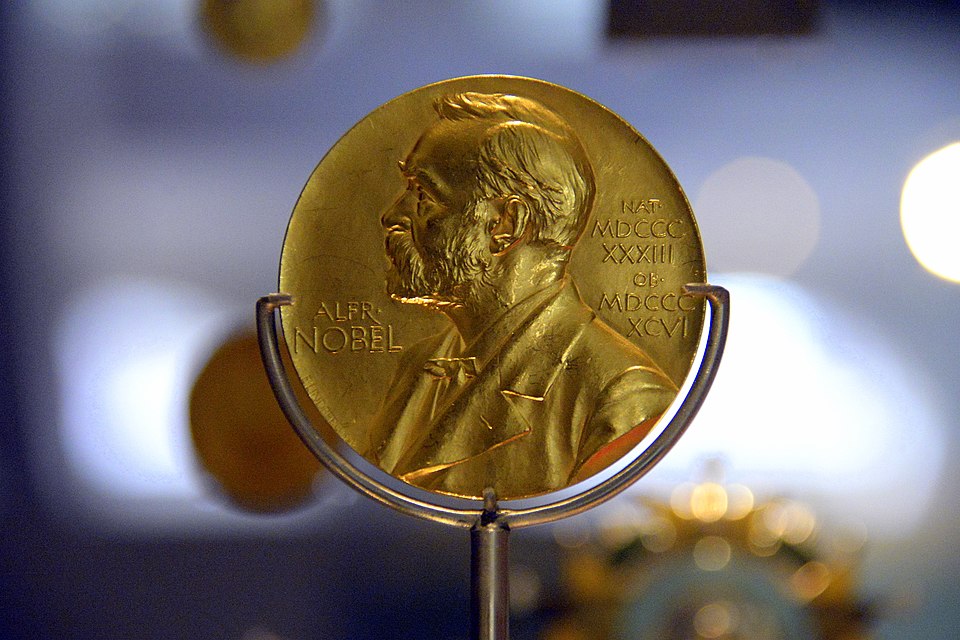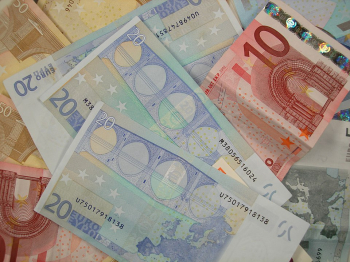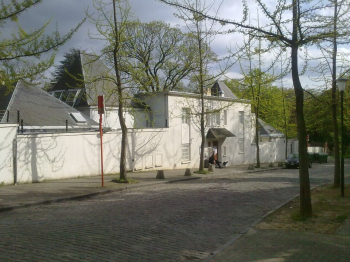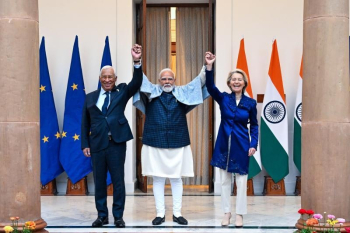
Joel Mokyr, Philippe Aghion, and Peter Howitt have been awarded the 2025 Nobel Prize in Economics for their groundbreaking research on how innovation and the concept of
“creative destruction” drive economic growth, the Royal Swedish Academy of Sciences announced Monday.
The prestigious award, formally called the Sveriges Riksbank Prize in Economic Sciences in Memory of Alfred Nobel, comes with 11 million Swedish crowns (about $1.2 million) and is the final Nobel Prize of the year.
Their work highlights how new technologies and production methods replace outdated ones, improving living standards, health, and overall quality of life worldwide.
"Over the last two centuries, for the first time in history, the world has seen sustained economic growth," the Academy said. "This growth has lifted vast numbers of people out of poverty and laid the foundation of modern prosperity."
Economic growth isn’t guaranteed
The laureates also emphasize that economic progress is fragile.
"Economic stagnation, not growth, has been the norm for most of human history," the Academy noted. "Their work shows that we must remain vigilant against threats to continued growth."
Mokyr is a professor at Northwestern University in the U.S., Aghion teaches at the Collège de France, INSEAD, and the London School of Economics, while Howitt is a professor at Brown University in the U.S.
Half of the prize was awarded to Mokyr, with the other half shared between Aghion and Howitt.
"Joel Mokyr used historical evidence to pinpoint the factors behind sustained growth through technological innovation," said Nobel Committee member John Hassler.
"Philippe Aghion and Peter Howitt developed a mathematical model of creative destruction, describing the endless process in which new and better products replace old ones."
Lessons for Europe
At a press conference, Aghion admitted he was “still speechless” by the announcement.
He also urged Europe to take notes from the U.S. and China, which he said have successfully balanced competition and industrial policy.
"In Europe, we’ve often rejected industrial policy in the name of competition," Aghion said. "We need to rethink that, especially in areas like defense, climate, AI, and biotech, where we have strong research and potential to lead."
A storied prize
The economics prize follows last week’s announcements in medicine, physics, chemistry, peace, and literature. While the other Nobel Prizes date back to 1901, the economics award was first given in 1969 to Norway’s Ragnar Frisch and the Netherlands’ Jan Tinbergen for their work in dynamic economic modeling.
Though economists are rarely household names, previous winners include well-known figures such as Paul Krugman, Milton Friedman, and former U.S. Federal Reserve chairman Ben Bernanke. Last year’s prize went to Simon Johnson, James Robinson, and Daron Acemoglu for research on how colonization and public institutions influence long-term poverty. Photo by Osama Shukir Muhammed Amin FRCP(Glasg), Wikimedia commons.

















